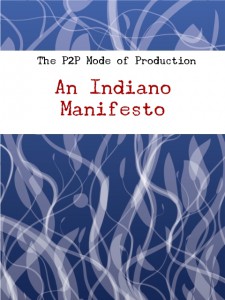
“The “Principled Societies” concept outlined in the book Creating Sustainable Societies is a blueprint for sustainable financial, economic, and governance systems, intended for local implementation. The book starts by pinpointing the central problems within our financial, economic, and governance systems that have lead to high unemployment, massive debt, environmental degradation, mistrust of Congress and big business, and hyper-inequities of wealth and political power. It then proposes a practical, bold plan for addressing these concerns and creating meaningful change.
EXTRACT: From the Foreword, by Bernard Lietaer:
“I have spent the past 30 years studying monetary systems, both conventional and innovative. During this time, I have written more than a dozen books, have spoken to thousands of audiences around the world, and have taught in half a dozen universities in the United States and Europe. Everywhere, I find dissatisfaction and hunger for a breakthrough to another way of working, of cooperating, of contributing. People are eager for change and are awake to the need for change, even if most public officials, constrained by politics or timidity, appear incapable of rising to the challenges of our time.
In distilling the results of my investigations, I arrived at the sad conclusion that the missing piece in all our monetary arrangements is appropriate governance. This is true for both the official money system (the Federal Reserve and all other central banks in the world) and innovative systems of complementary currencies. This missing piece is what John Boik brings to the table. At first glance, his proposal might appear to center on a complementary currency system, but more accurately it centers on appropriate governance. On the one hand, it proposes a means for collaborative direct democracy as applied to finance, corporate behavior, and social organization: the “Principled Society.” On the other, the very mechanics of the proposed monetary and corporate model, including its transparency, are a manifestation of democratic ideals.”
Wiki Outline of Book . Amazon Page for Book
See Also:






